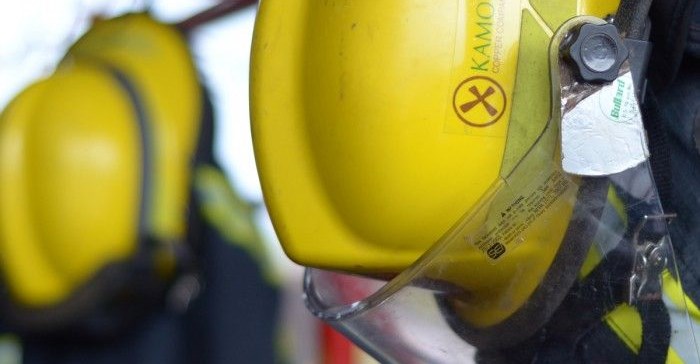
Related




Deal Leaders International’s Andrew Bahlmann: Rio-Glencore deal to shake things up
Andrew Bahlmann 13 Jan 2026


Top stories






More news





ESG & Sustainability
#Sona2026: President announces crisis committee to tackle SA's water challenges









Chairman Anthony Hayward opened the meeting with condolences to the families of the employees who died, which included 10 people in two separate incidents in the Democratic Republic of Congo and Zambia. He said management had visited the sites and families to try to understand the causes and apply the lessons learned across the operations.
Local corporate activist Theo Botha asked what the causes of the 16 fatalities were and whether anyone was held to account. Peter Coates, chair of the health and safety committee, said management was held accountable and some lessons from successful, mature businesses, such as ways to identify potentially fatal hazards, were introduced to other operations. The next step would be to introduce behavioural change in developing country operations.
CEO Ivan Glasenberg said Glencore operated in countries such as Kazakhstan, the DRC and Zambia where safety was not a way of life and it was working towards a target of zero harm in those countries. So far this year, there have been two fatalities across the global operations.
Botha also questioned the compensation made to families. Glasenberg said the company took care of the families of the bereaved to ensure their income was maintained despite the death of their breadwinner. But there was no global compensation norm. Compensation to families is site-specific.
Hayward also had to defend the company's coal-demand projections from criticisms by climate change activists and was questioned by the representative of a global mineworkers trade union about the group's current labour disputes in countries such as Australia, Canada and Peru, on issues such as wages and unfair dismissals.
Hayward said many Glencore employees chose not to join trades unions so there would be no global negotiations. It would continue to follow a site-by-site approach.
Glasenberg said China was moving towards consumption of mid-cycle commodities such as copper, zinc, nickel and aluminium which were key in Glencore's portfolio. If the roll-out of electric vehicles followed projections over the next few years, there would be a substantial increase in demand for copper, cobalt and nickel mined by Glencore.

For more than two decades, I-Net Bridge has been one of South Africa’s preferred electronic providers of innovative solutions, data of the highest calibre, reliable platforms and excellent supporting systems. Our products include workstations, web applications and data feeds packaged with in-depth news and powerful analytical tools empowering clients to make meaningful decisions.
We pride ourselves on our wide variety of in-house skills, encompassing multiple platforms and applications. These skills enable us to not only function as a first class facility, but also design, implement and support all our client needs at a level that confirms I-Net Bridge a leader in its field.
Go to: http://www.inet.co.za